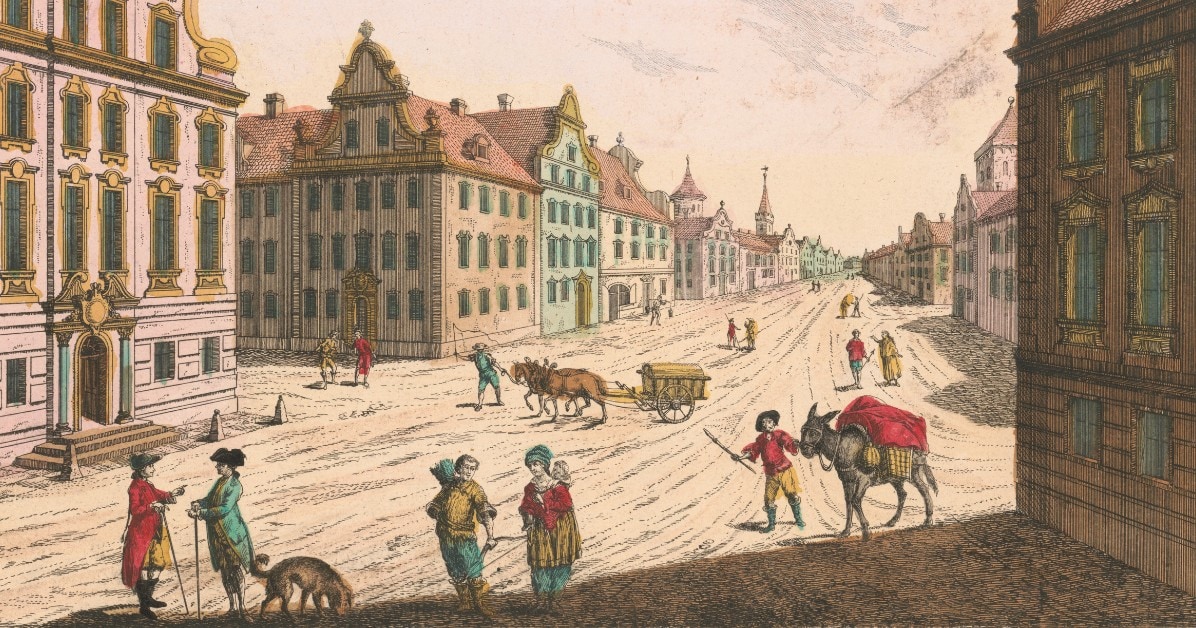
ADVERTISEMENT - CONTINUE READING BELOW
An Explosive Reaction To Vaccinations (Literally)
Variolation, the early form of immunization against smallpox, involved intentionally infecting individuals with material from smallpox patients to induce a milder form of the disease and subsequent immunity. Despite its success in controlling smallpox, variolation faced significant opposition and sparked moral panic. In 1721, a smallpox outbreak in Boston prompted prominent figures like Cotton Mather and Zabdiel Boylston to conduct public inoculation campaigns. However, this birthed America’s first anti-vaccination movement, fueled by religious objections and fears of the procedure’s safety.
Boylston’s successful inoculations, which had a lower death rate than natural smallpox infections, did little to quell the opposition. Boston’s City Council condemned the practice, and Boylston faced assaults and threats. Religious leaders deemed inoculation sinful, and angry mobs forced inoculated individuals into quarantine. Benjamin Franklin, then a teenager, even contributed to the opposition through satirical articles in the New England Courant. Despite the resistance, variolation paved the way for later advancements in vaccination and disease prevention.

